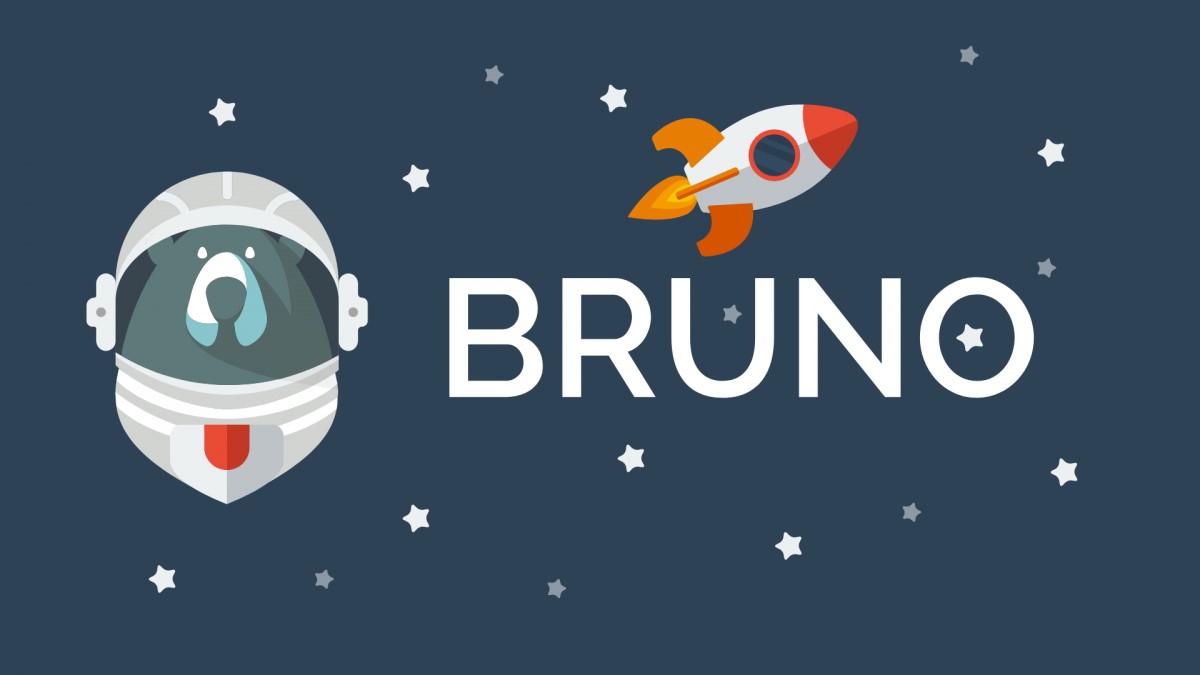Savings: Bruno Officially Launches Chatbot Savings Feature

It took this start-up slightly more than six months to make their launch official. They recently raised one million euros, quite a large amount for a very young FinTech. They are rolling out a Facebook Messenger-based chatbot focusing on smart savings, and see their choice of channel as strategic.
Bruno officially introduces their smart virtual assistant on Facebook Messenger. This tool plugs into the users’ bank accounts, analyses their spending patterns and helps them set money aside automatically.
For this launch, Bruno relies on a one million euros round table from 360 Capital Partners venture capital firm and from Business Angels, including Alexandre Prot (Qonto).
According to the FinTech, their micro-savings model could enable the users to save 120 euros per month on average. This service connects his bank accounts and relies on Messenger to send credit transfer validations. Configurable daily notifications are also there to help him check his account balance and the amount he managed to save. Three profiles are available: leisure, average and ambitious.
Comments – Chatbot and PFM making it effortless for users to save money
When presented in June 2017, Bruno benefited from a rather favourable context: chatbots were considered newsworthy and financial support was going their way. The number of offers has increased significantly, but the initial enthusiasm has started to fade; in fact, trustworthy solutions are hard to implement and having trouble meeting their audience. As even more services were launched, the market became blurry, which did not contribute to improving use levels.
Bruno could, however, stand out. Their service isn’t yet fully finalised but their recent round table should help them complete it shortly. This investment will mostly support planned developments: interest-bearing investments, for instance, for which they would charge a fee.
Bruno’s model relies on Facebook Messenger. With 33 million active users in France mid-2017, Facebook is the most popular social media on this market. And 1.3 billion people use Messenger each month, worldwide. This channel then seems like a logical choice for this start-up which mostly aim for young employed people. They also draw inspiration from WeChat, and believe there is a future for instant messaging services.
